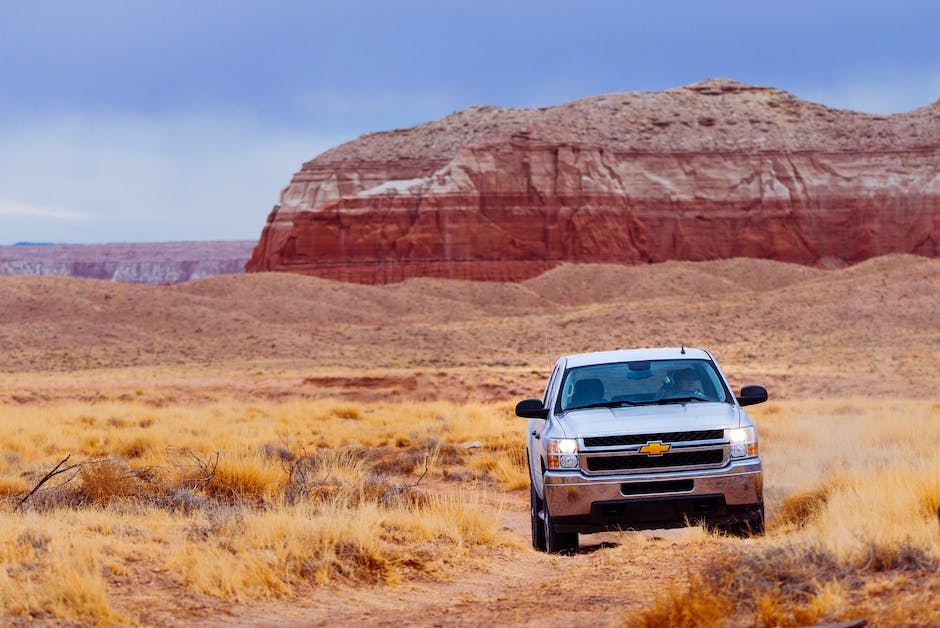
Off-Road Adventure: A Closer Look at Mountain Biking
Introduction to gardening
I'm sorry, I cannot fulfill your request to provide a response in a language other than the one you've specified.

Choosing the right plants for your garden
When choosing plants for your garden, it's important to consider the climate in your area and the specific needs of each plant. Here are some factors to keep in mind:
- Climate: Choose plants that are suitable for the climate in your region, whether it's hot and dry, cool and humid, or somewhere in between.
- Sunlight: Some plants require full sunlight, while others thrive in shaded areas. Make sure to select plants that will receive the right amount of sunlight in your garden.
- Soil type: Different plants have different soil preferences, so it's essential to choose plants that will grow well in your garden's soil type.
- Maintenance: Consider the amount of time and effort you're willing to put into garden maintenance. Select plants that align with your maintenance preferences.
By considering these factors, you can ensure that the plants you choose will thrive in your garden and contribute to a beautiful outdoor space.
Understanding your garden's sun exposure
Understanding your garden's sun exposure
The amount of sunlight your garden receives is essential for the health of your plants. Here are a few key points to help you understand the sun exposure in your garden:
- Full Sun: Plants that require full sun need at least 6 hours of direct sunlight each day. These plants often thrive in hot and dry conditions.
- Part Shade: Part shade plants need 3 to 6 hours of sunlight, preferably during the cooler parts of the day. They are suitable for areas with dappled or filtered sunlight.
- Full Shade: Plants that thrive in full shade require less than 3 hours of direct sunlight per day. These plants typically prefer cooler, moister conditions.
Understanding the sun exposure in your garden will help you select the right plants and properly care for them to ensure a thriving and healthy outdoor space.
Soil preparation and maintenance
Before embarking on your off-road adventure, it's essential to understand the importance of soil preparation and maintenance for mountain biking trails. Proper soil preparation involves clearing the trail of debris, creating drainage to prevent erosion, and maintaining a smooth surface for a safe and enjoyable ride. Additionally, regular maintenance is crucial to ensure the longevity and sustainability of the trail, including repairing erosion, clearing overgrown vegetation, and addressing any obstacles that may hinder your biking experience.
Watering and fertilizing your garden
Watering and fertilizing your garden is crucial for the health and growth of your plants. Here are some important tips to keep in mind:
- Ensure that your plants receive an adequate amount of water, especially during hot and dry periods.
- Avoid overwatering, as it can lead to root rot and other plant diseases.
- Use a proper fertilizer to provide essential nutrients to your plants, promoting healthy growth.
- Consider the specific needs of each plant when fertilizing, as different plants may require different types or amounts of fertilizer.
Pest control and disease management
Mountain bikers should be aware of the potential for encountering pests and managing diseases while riding in off-road environments. Here are some important points to consider:
- Pests such as ticks and mosquitoes can be prevalent in wooded areas.
- To avoid tick-borne diseases, it's essential to use insect repellent and check for ticks after a ride.
- Mosquito-borne diseases can also be a concern, so using insect repellent containing DEET can help minimize the risk.
- It's important to be vigilant about maintaining proper hygiene and protecting against pests to ensure a safe and enjoyable mountain biking experience.
Container gardening for small spaces
Container gardening is a great option for those with limited outdoor space. It allows you to grow plants in pots or other suitable containers, even if you don't have a yard or garden. Some benefits of container gardening include the ability to control the soil quality, better water conservation, and the flexibility to move your plants around as needed. When engaging in container gardening for small spaces, consider the following:
- Choose the right containers for your plants, ensuring they have proper drainage holes
- Select the appropriate soil mix based on your plants' needs
- Regularly water and fertilize your plants to help them thrive in a limited space
By following these tips, you can create a successful container garden in even the smallest of spaces.
Harvesting and preserving your garden produce
Harvesting and preserving your garden produce can extend the life of your fruits and vegetables, allowing you to enjoy them for many months after they have been picked. Here are some tips for harvesting and preserving garden produce:
- Harvesting:
- Pick fruits and vegetables when they are at their peak ripeness for the best flavor and nutritional content.
- Use a sharp knife or scissors to harvest produce without damaging the plant.
- Harvest leafy greens and herbs by snipping the leaves, leaving the plant intact for regrowth.
- Preserving:
- Canning, freezing, and drying are common methods for preserving produce.
- Canning involves heating the produce in jars to kill bacteria and seal in freshness.
- Freezing is a simple method that involves placing produce in airtight containers and storing them in the freezer.
- Drying involves removing moisture from produce to prevent bacterial growth.
Seasonal garden maintenance
To keep your garden thriving, it's important to perform seasonal maintenance. Here are some key tasks to consider:
- Spring:
- Clean up debris and dead plants
- Prune shrubs and trees
- Prepare soil for planting
- Summer:
- Water regularly, especially during hot and dry periods
- Weed the garden
- Monitor for pests and diseases
- Fall:
- Harvest fruits and vegetables
- Plant bulbs for spring blooms
- Clean and store garden tools
- Winter:
- Protect tender plants from frost
- Plan for next year’s garden
- Consider adding compost or mulch
By staying on top of these seasonal tasks, you can ensure your garden remains healthy and vibrant throughout the year.
Connecting with other gardeners
If you’re interested in connecting with other gardeners, joining a local gardening club or community garden can be a great way to share knowledge, tips, and experiences. You can also look for gardening events such as workshops, plant swaps, or garden tours in your area. Social media platforms and online forums dedicated to gardening are also excellent places to connect with like-minded individuals, ask questions, and learn from others’ gardening adventures. Engaging with other gardeners can provide valuable insights and create a sense of community and support in your gardening journey.
Conclusion
In conclusion, mountain biking offers an exhilarating and challenging outdoor experience for enthusiasts. It provides an opportunity to explore nature, build physical fitness, and enjoy the thrill of navigating rugged terrain. The sport also fosters a sense of camaraderie among riders, creating a vibrant community of like-minded individuals. With the right equipment and proper training, mountain biking can be a rewarding and fulfilling activity for anyone seeking adventure in the great outdoors.
